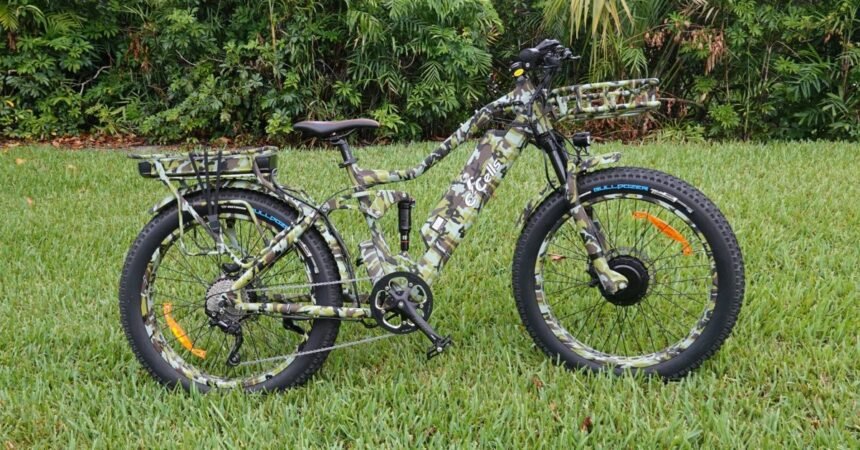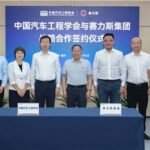E-Cells, a prominent e-bike brand in the US known for its high-performance all-wheel-drive fat tire e-bikes, has sadly announced that it will be ceasing operations and closing its doors. This decision comes as a result of various factors, with one of the main contributors being the impact of new tariffs on imported goods. The tariffs on Chinese-produced electric bikes have soared to as high as 170%, making it increasingly challenging for companies like E-Cells to sustain their operations.
The founder of the brand, David Cleveland, took to the company’s social media accounts to share the news with their loyal customers. In his statement, Cleveland cited the extreme tariff increases and other market challenges as the reason behind the difficult decision to shut down the business. He expressed gratitude towards the customers and the community for their support over the six years that E-Cells has been in operation.
E-Cells was known for its high-performance electric bicycles, particularly popular among hunters and outdoor enthusiasts. Their models boasted features such as massive tires, all-wheel-drive, dual batteries, and dual suspension, delivering over 2,000W of power and speeds exceeding 30 mph. These rugged e-bikes were designed for off-road adventures and overlanding, with many customers utilizing them to tow heavy trailers, especially for hunting purposes.
As the company winds down its operations, E-Cells is working to fulfill existing orders and manage the distribution of remaining stock internally. New orders are no longer being accepted, and customers with pending orders will be contacted individually. The remaining inventory will be handled internally and will not be available for public sale.
The closure of E-Cells may signal the beginning of a wider shakeout in the US electric bike industry. While larger e-bike manufacturers may be better equipped to withstand economic challenges, smaller and mid-sized companies could face increasing difficulties due to rising tariffs and economic pressures. The combination of supply chain disruptions, higher import costs, and price-sensitive consumers creates a tough environment, especially for brands heavily reliant on overseas manufacturing.
Unless there are significant changes in trade policies or targeted support for the micromobility industry, we may see more e-bike companies scaling back operations or exiting the market entirely. With fewer players in the industry, consumers could experience reduced choices, higher prices, and slower innovation at a time when e-bikes are gaining momentum as a sustainable transportation option. The future of the e-bike market in the US remains uncertain, with challenges on the horizon for both manufacturers and consumers alike.







